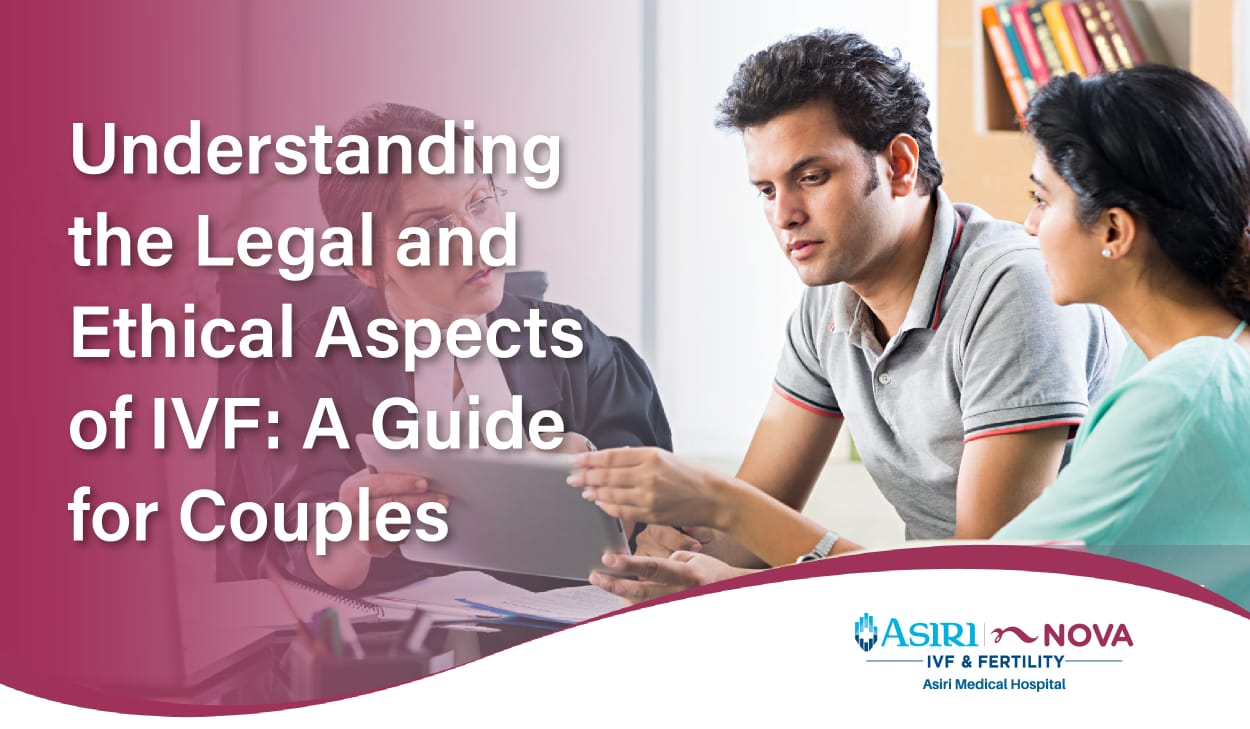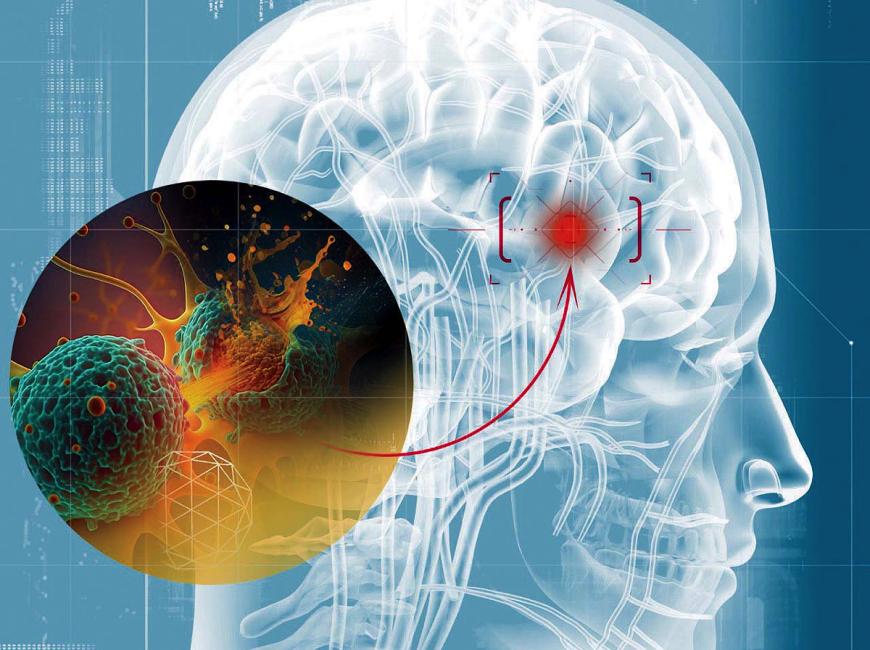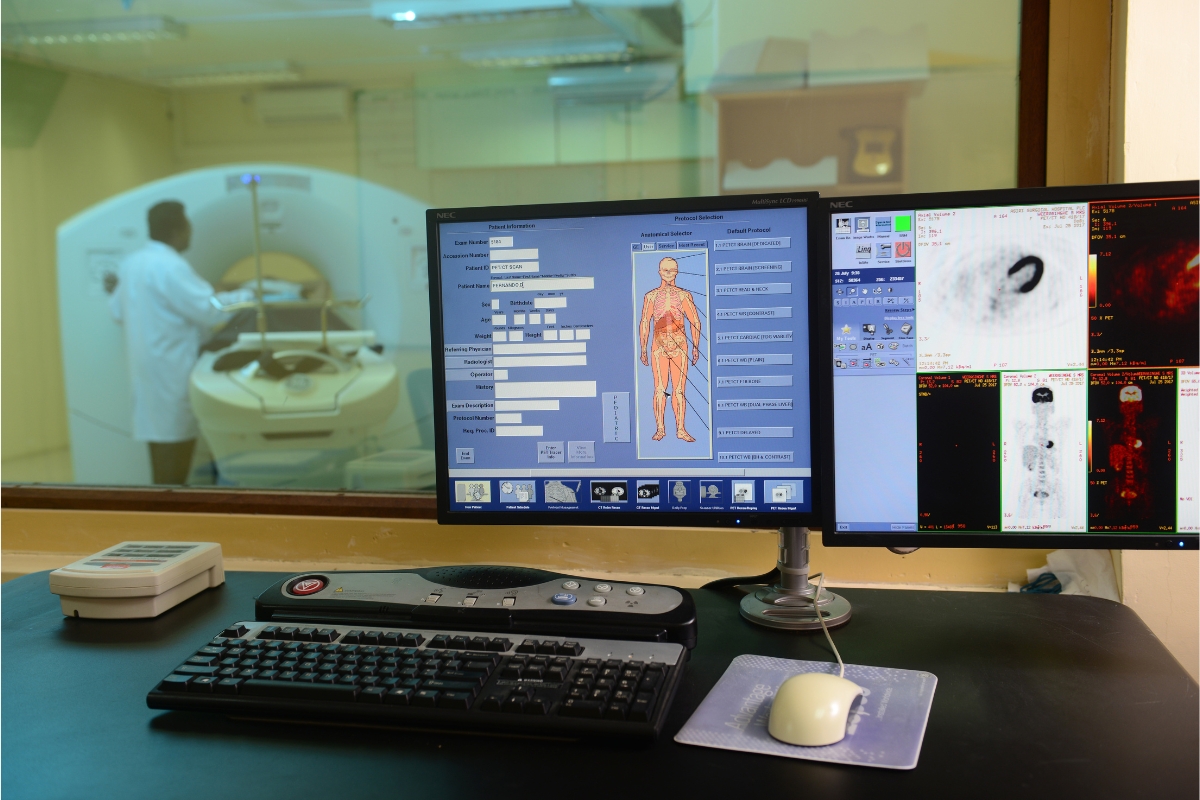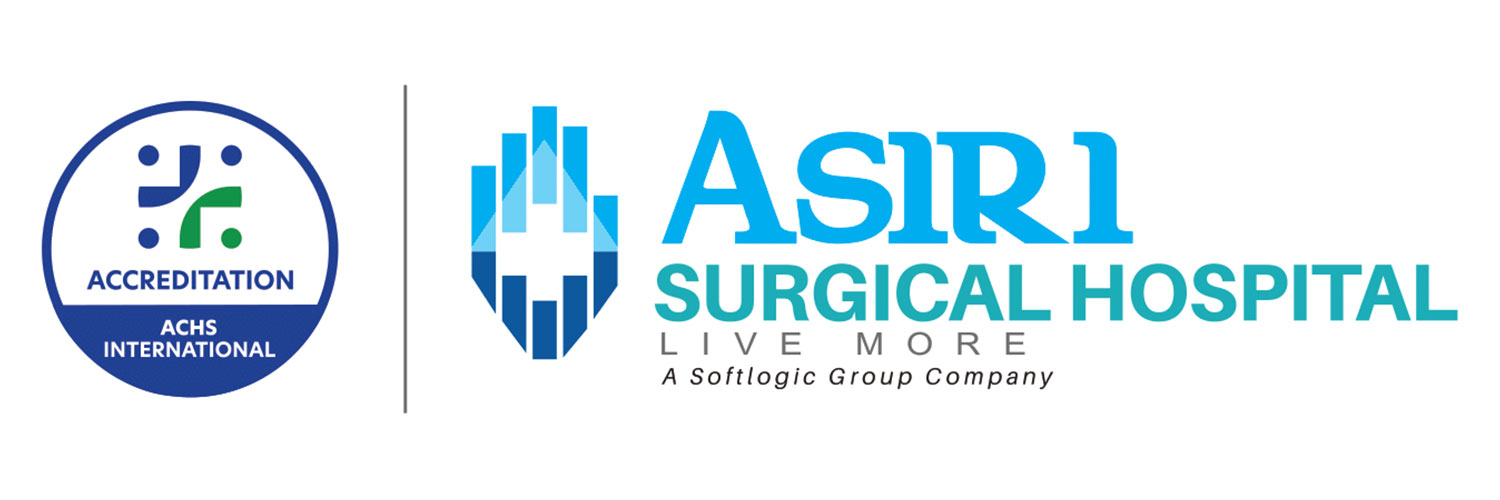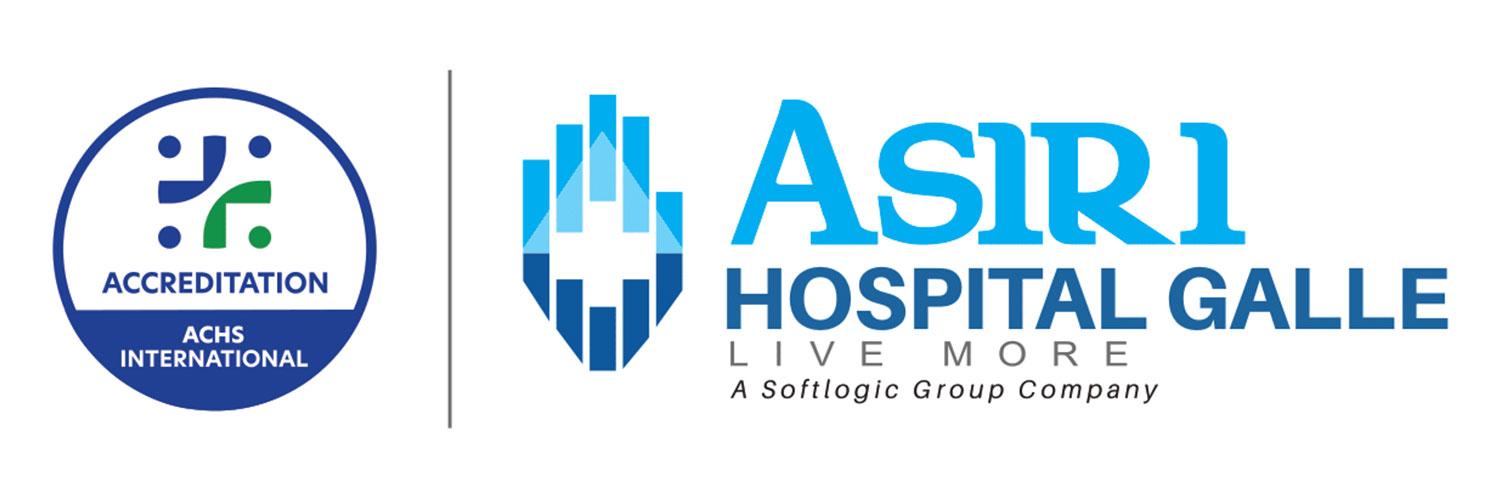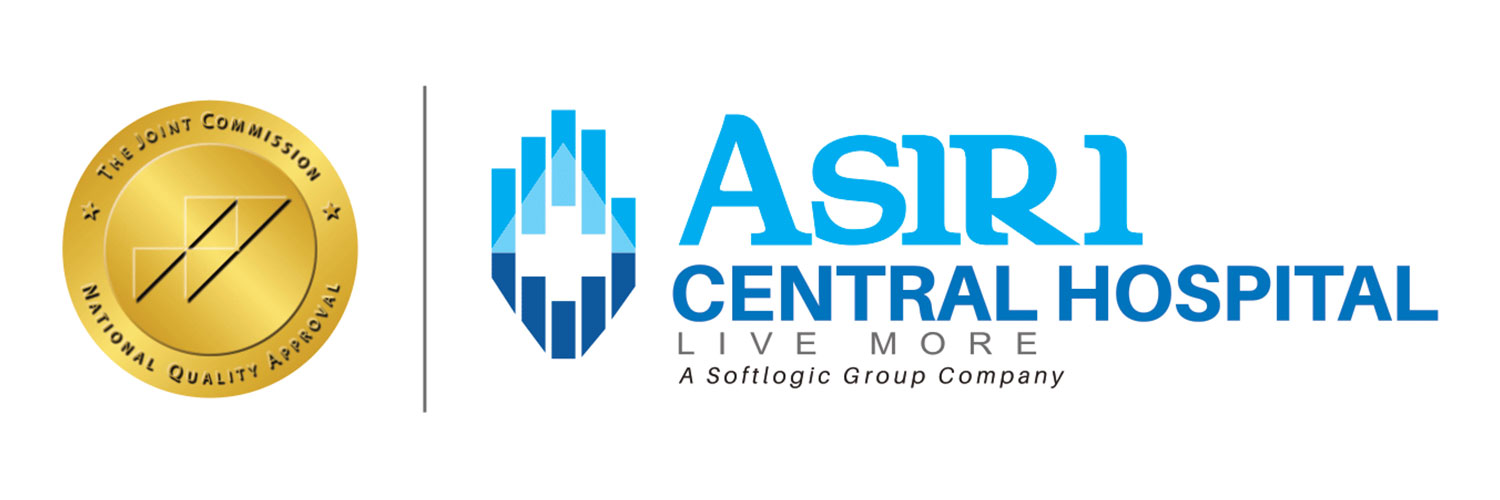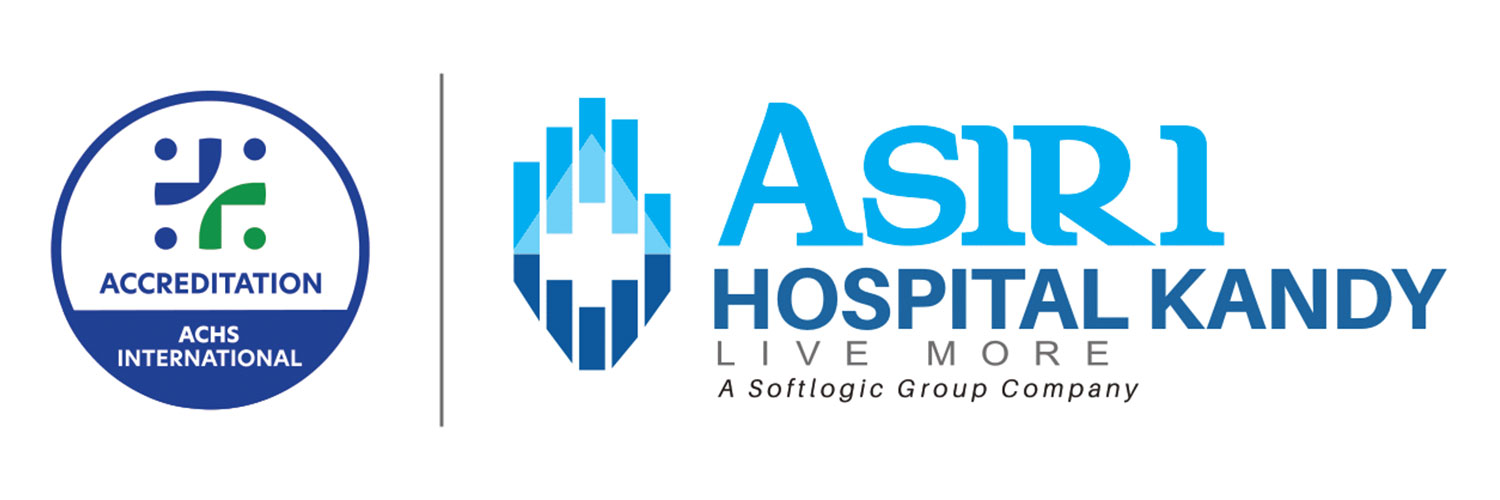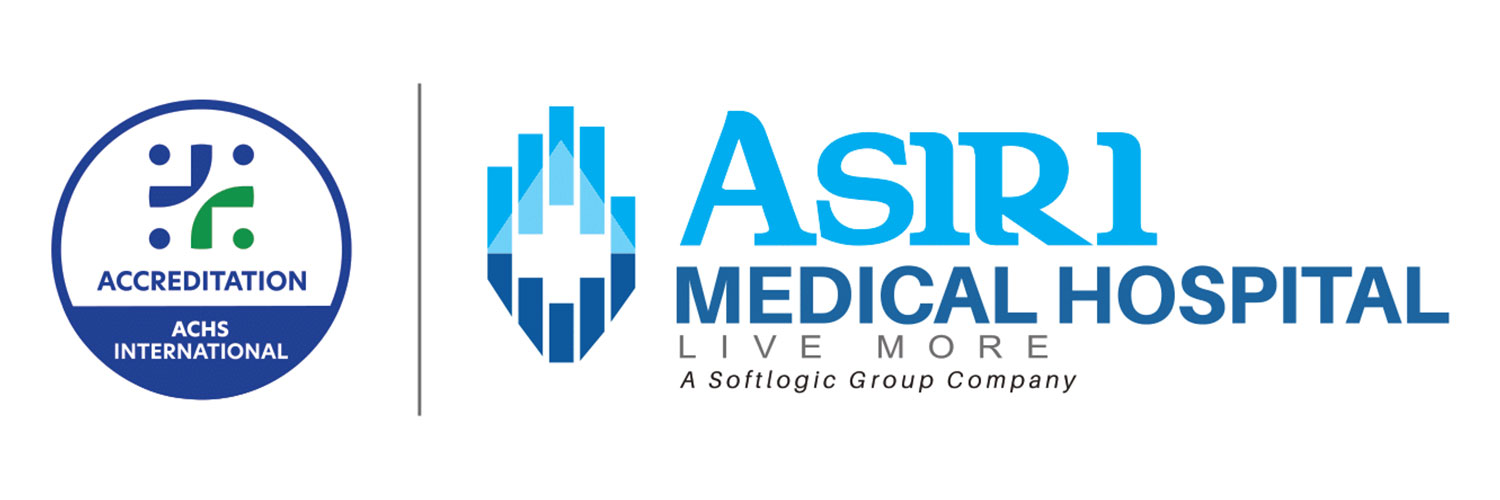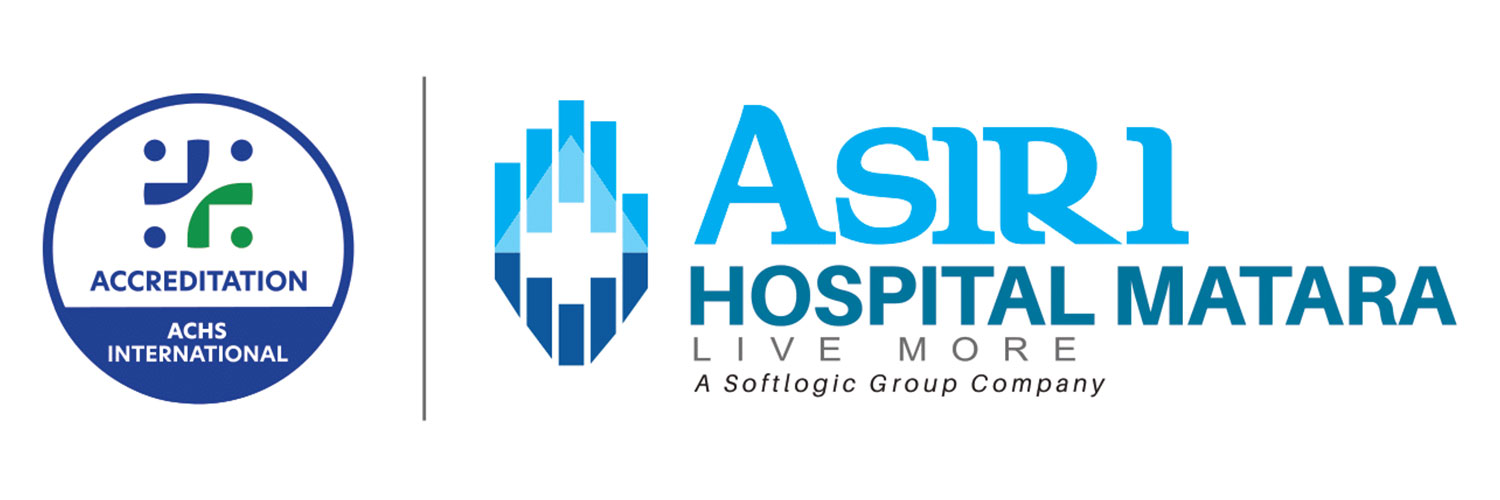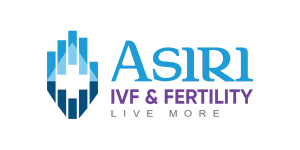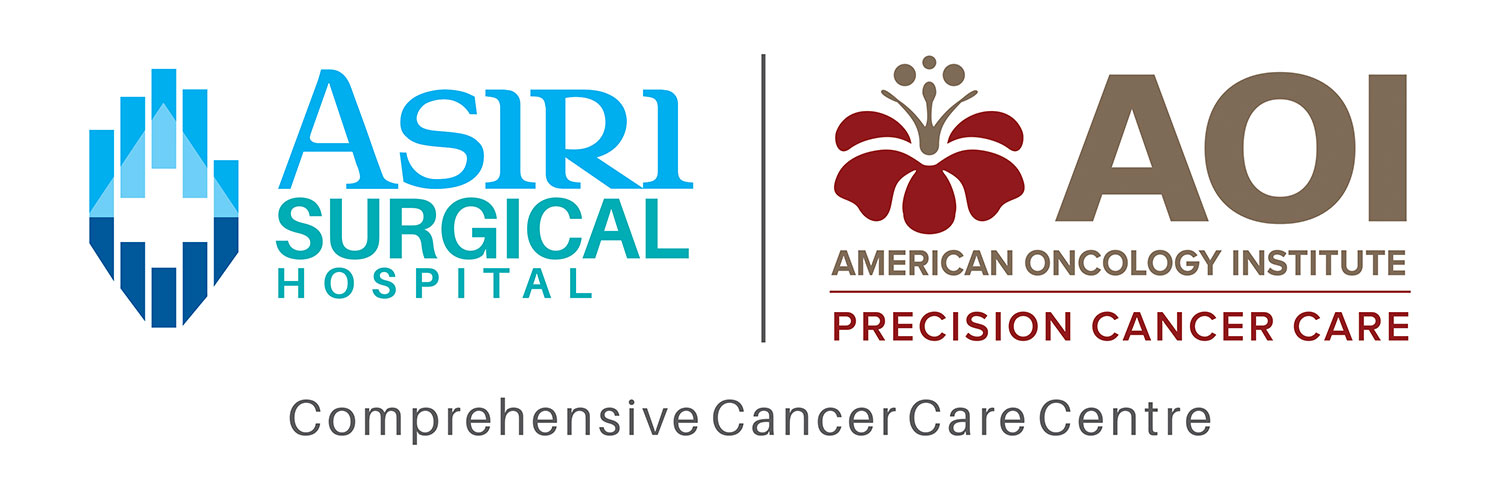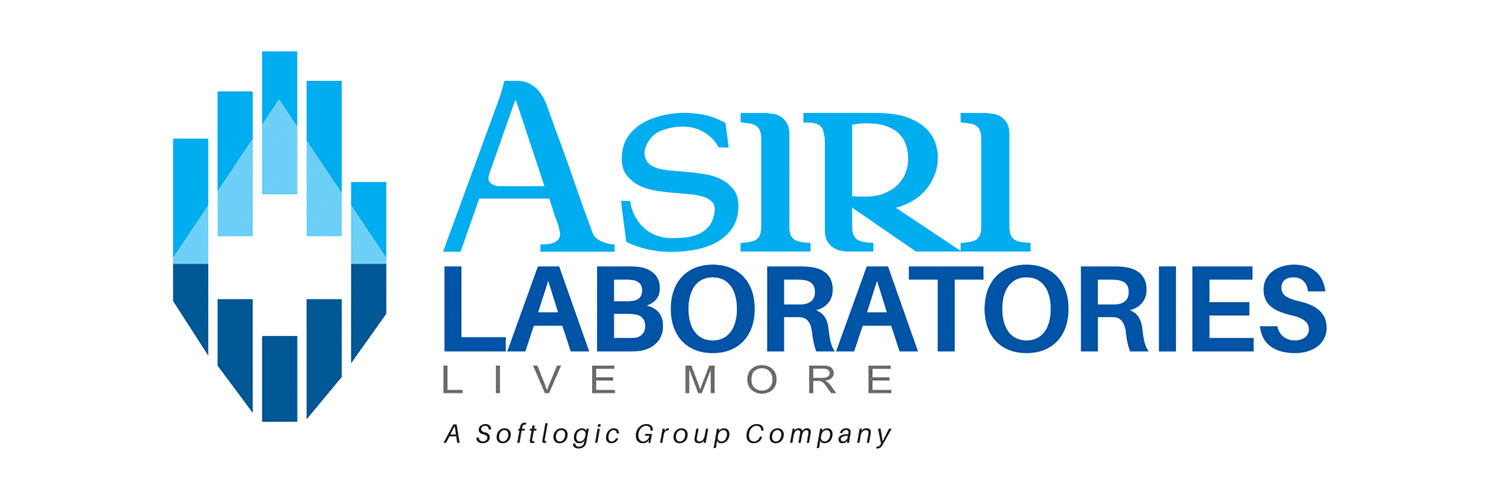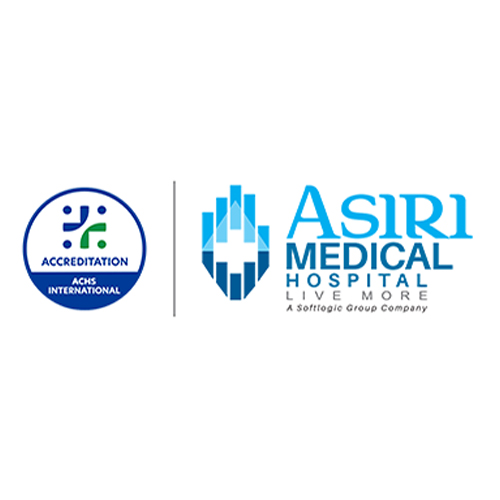December 6, 2024
Understanding the Legal and Ethical Aspects of IVF: A Guide for Couples
Navigating the process of IVF is a significant journey for couples and individuals wishing to build a family. Beyond the medical and emotional aspects, IVF also involves legal and ethical considerations that are essential to understand before beginning treatment. Asiri Nova IVF & Fertility Centre offers valuable guidance on these aspects, helping ensure couples are well-informed and prepared.
Why Legal and Ethical Awareness Matters in IVF
IVF is a complex medical procedure involving significant medical, financial, and personal investment. Given the numerous steps involved — from egg retrieval to embryo transfer — each stage of IVF treatment can introduce potential legal or ethical questions. These considerations might include legal parenthood rights, embryo storage duration, donor rights, and ethical guidelines on embryo selection.
By gaining an understanding of these factors, couples can make informed choices that align with their values, ensuring a smoother, more transparent IVF journey.
Legal Aspects of IVF: Key Considerations
Legal regulations surrounding IVF vary widely across countries and sometimes even within different regions. Here are several legal aspects couples should understand:
1. Parenthood and Legal Rights
In some regions, the biological parents of a child born through IVF are automatically recognised as the legal parents. In Sri Lanka, even if a donor’s gametes (sperm or eggs) are used, the couple going through the treatment and the female who bears the child and gives birth to will be recognised as legal parents.
2. Donor Rights and Anonymity
For couples using donor eggs or sperm, donor anonymity and rights are essential legal aspects to consider. Many regions have different policies regarding donor anonymity and whether the child can learn about the donor’s identity later in life. At Asiri Nova we protect the couple’s and the donor’s anonymity and provides guidance to help couples navigate these considerations and understand their options.
3. Embryo Ownership and Disposition
During IVF, more embryos may be created than are immediately needed. Laws on embryo ownership and disposition (what happens to unused embryos) vary. Couples may be asked to decide whether they want to store, donate, or discard extra embryos. Additionally, some regions may restrict the use of embryos for research, or mandate specific protocols in the event of separation or divorce of the couple.
4. Embryo Storage Limits
Some countries have regulations on how long embryos can be stored, usually ranging from five to ten years. Once this time limit is reached, couples may have to decide whether to extend storage, discard the embryos, or donate them for research. It’s important to review these rules early in the process, so you’re not faced with a sudden decision down the road.
5. Cross-Border IVF and Surrogacy Laws
For those pursuing IVF outside their home country, understanding cross-border reproductive care laws is crucial. Some regions prohibit surrogacy, while others may have restrictive laws on donor anonymity and embryo usage. Asiri Nova IVF & Fertility Centre can help couples understand the implications of international IVF treatments, ensuring they’re fully informed about both local and foreign regulations.
Ethical Considerations in IVF
IVF can raise ethical questions for couples, especially regarding embryo handling and selection. Here are some of the primary ethical issues that IVF patients may encounter:
1. Embryo Selection and Genetic Testing
In some cases, couples may have the option to screen embryos for genetic conditions or to choose specific traits. This practice raises ethical concerns about the extent to which embryos should be evaluated based on health conditions or other traits. Asiri Nova offers ethical guidance on these options, helping couples make decisions that align with their personal beliefs.
2. Multiple Embryo Transfer and Potential for Multiples
IVF can increase the likelihood of multiple pregnancies, which can lead to health risks for both mother and babies. In some regions, only one embryo is transferred at a time, while others allow multiple embryos. The choice between single and multiple embryo transfers involves balancing the desire for a successful pregnancy with the health risks associated with multiple births.
3. Considerations Surrounding Donor Eggs and Sperm
Using donor eggs or sperm can present ethical considerations, particularly around the anonymity of the donor, the child’s right to know their genetic background, and potential future contact between donor and child. Many countries have differing views on these matters, and Asiri Nova can help couples navigate the ethical nuances of using donor materials.
4. Storage and Use of Surplus Embryos
The decision of what to do with surplus embryos can be an ethical challenge. Options may include continued storage, donation to other couples, or using them for research. These choices can evoke a range of emotions and ethical concerns, and many couples find it beneficial to discuss these options with counsellors or support staff.
5. IVF and Age Restrictions
Some regions enforce age limits on IVF treatments, particularly when it comes to egg donation. These restrictions are often in place to ensure the health and safety of both parent and child. Couples may need to consider the ethical implications of undergoing IVF at a later stage in life, as well as the potential impact on the child’s upbringing.
Asiri Nova’s Guidance on Legal and Ethical Aspects of IVF
Navigating the legal and ethical landscape of IVF can be challenging, but Asiri Nova IVF & Fertility Centre offers supportive guidance throughout the journey. The centre's team of fertility specialists provides information on local legal requirements, answers questions about ethical considerations, and ensures patients are fully informed before making any decisions.
1. Expert Legal Guidance
Asiri Nova has a knowledgeable team that helps patients understand local and international laws surrounding IVF. By staying updated on evolving regulations, they provide couples with reliable information and assistance, ensuring the IVF process complies with all legal requirements.
2. Ethics Counselling and Decision-Making Support
Recognising that every couple’s journey is unique, Asiri Nova offers ethics counselling to help patients make decisions that resonate with their values.Asiri Nova adheres to UK and USA ethical guidelines and have a very straightforward view on ethics. The counselling team can facilitate discussions on complex topics like embryo storage, donor anonymity, and genetic screening, empowering couples to make ethical choices they feel confident about.
3. Clear Policies on Donor and Surrogacy Arrangements
With clear policies on donor egg or sperm usage and surrogacy arrangements, Asiri Nova helps reduce the uncertainty surrounding these choices. They provide all necessary documentation and guidance on understanding the rights and responsibilities of donors and surrogates, ensuring all parties are aware of their legal obligations.
4. Long-Term Support and Follow-Up
Asiri Nova believes in long-term patient support. Even after treatment is completed, the team remains available to address any ongoing legal or ethical concerns, offering peace of mind and continuous guidance.
Preparing for the IVF Journey with Confidence
Understanding the legal and ethical considerations of IVF can bring clarity and confidence to an otherwise complex process. With informed choices, couples can enter their IVF journey with clear expectations and a sense of empowerment. Asiri Nova IVF & Fertility Centre remains committed to supporting couples through every step of this process, providing expert guidance on legal and ethical matters to make their path to parenthood as seamless as possible.
